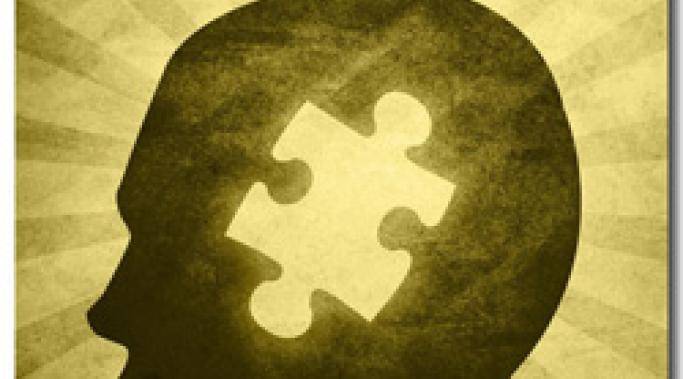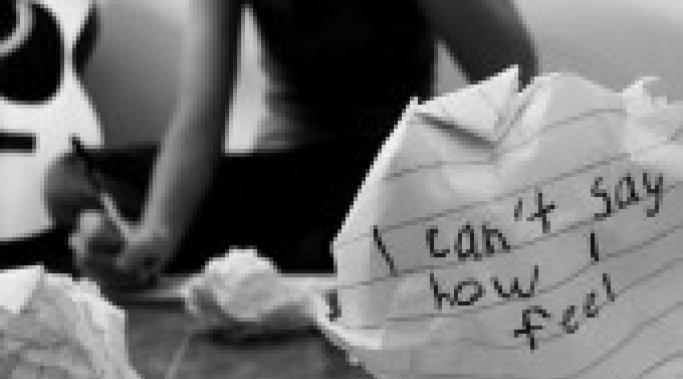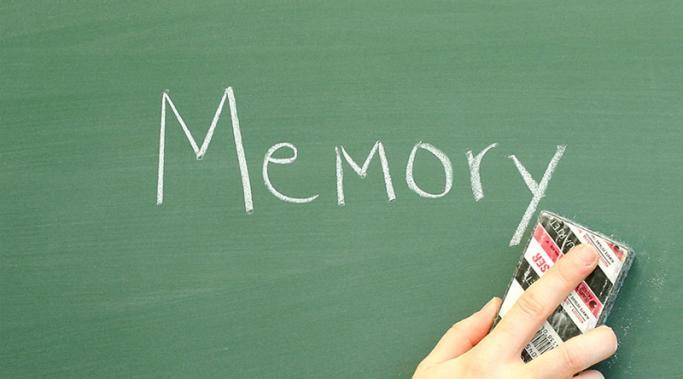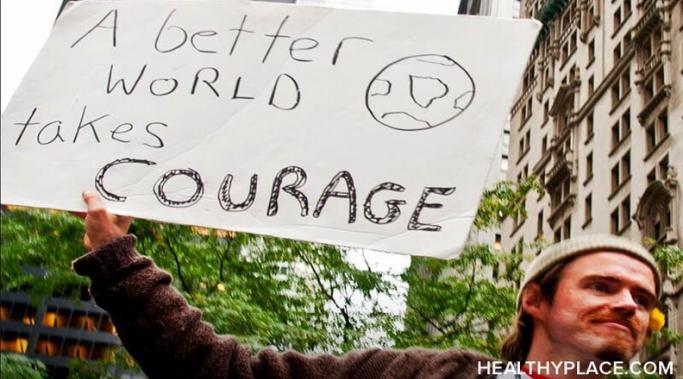Curing mental illness is simply not possible--despite limited controversy. That's the cold and hard truth. On the flip side, we can become well and experience very little, or no symptoms at all. That is the goal. How can we pursue it?
Recovery Issues
I usually choose a specific topic for these blogs and work to describe the importance of managing and accepting mental illness. Last week, I wrote a blog focusing on recovering from and recognizing depression. This week, based on my life currently, I want to talk about stress and the impact it has on those who live with mental illness. I am really struggling with this right now.
When you are diagnosed with a mental illness, your first reaction is probably fear. Those who love you also might feel fear. After all, mental illness is stigmatized, and certainly not something anyone wants to live with. But we can, and we do. Successfully.
Defining Fear
Depression. I hate the word. Also, not in my repertoire of lovely words: consistent low mood. melancholy, apathetic, stuck, frightened, darkness, sadness. Lovely words, perhaps a thesaurus would give me two hundred more. But that is not the topic of this blog.
Defining Depression
Your psychiatrist can define depression, but in a clinical way. The language used cannot describe how a depressed person feels. Instead, person must exhibit specific symptoms: change in sleep patters, appetite, a lack of interest in previously enjoyed activities, isolation, sadness. When I tell my psychiatrist I am depressed she asks me how I feel. Often, if you are experiencing depression, it is hard to articulate your feelings. Sometimes, I tell her I do not know how I feel. I feel sad. I don't think I felt this way a couple months ago. But it's confusing. Working to compare how you felt before you started to feel down.
It seems unfair, to say the least, that when we are trying to recover from mental illness, our body can become ill as well. For a long time, I did not connect physical illness to mental illness. I believed the body and mind were separate.
I often found myself in my doctor's office. I told him I had migraines on a daily basis. He asked me if this had always been the case, and I told him no, just every few months. I get hit with serious sinus infections a few times a year, and curse my immune system. I am doing everything I should: eating healthy, exercising, taking my medication, and some vitamin's throw in for fun.
It took a long time to put the pieces together: mental illness causes unwanted physical symptoms, and not symptoms exclusively from psychiatric medication.
Memories from when you were ill can damage your recovery. The mind, your memory, has a funny way of pushing aside the bad bits: the time in hospital, the anguish, the search for reprieve. You sort of forget the acute pain. Hiding the memories from when you were ill invites irrational thoughts (like thinking you were never ever sick to begin with).
Accepting the diagnosis of mental illness can seem impossible. It hurts. It can shatter the sense of self you have acquired throughout your life. Pre-diagnosis, you might have felt that your personality was acquired, hard fought. You don't want to be anyone but you. Accepting you have a mental illness is initially terrifying.
Part of mental health self-care involves identifying potential triggers and avoiding them or, at the very least, preparing for the impact they may have on your life. Those of us who have a mental illness have a harder time adjusting to life changes: relationships, starting a new job or losing an existing one, changing locations, the loss of a loved one. It is ironic, but positive life changes can also have an adverse influence on mood. It's hard to find balance among all of the different cards that life deals us, but it's crucial to be able to distinguish circumstantial stress from signs and symptoms of relapse.
The title of this blog, Recovering from Mental Illness, argues that, yes, it is possible to recover from mental illness. But recovering from a mental illness is different from, say, recovering from a physical injury. I broke my ankle two years ago and spent time on crutches and in physiotherapy. The recovery period was slow, six months passed before I could walk with both feet, but my ankle slowly healed. It became well and functioned as it once had. I could rely on it to take me through the day. I could go running again.
Recovering from mental illness is not the same. The process probably does not require physiotherapy and Tylenol as the drug of choice. The road to recovery from mental illness is much longer, not usually smooth, and perhaps hot to the touch. Metaphors aside: it isn't easy.
Try these words on: Mental illness, mentally ill, relapse, psychiatry, psychiatrist, psychotropic medication, anti-psychotics, mania, depression, social isolation, side-effects, sickness, disease. How do these words feel applied to you as a person with a mental illness?
I can tell you how they make me feel: Awful, stigmatized, labeled. They make you feel alien. They make you feel alone. Unique in your illness. You might feel like you are the the brisk notes your psychiatrist jots down as you talk to her. You might wonder if those words, scribbled with medical jargon, define you as a person









